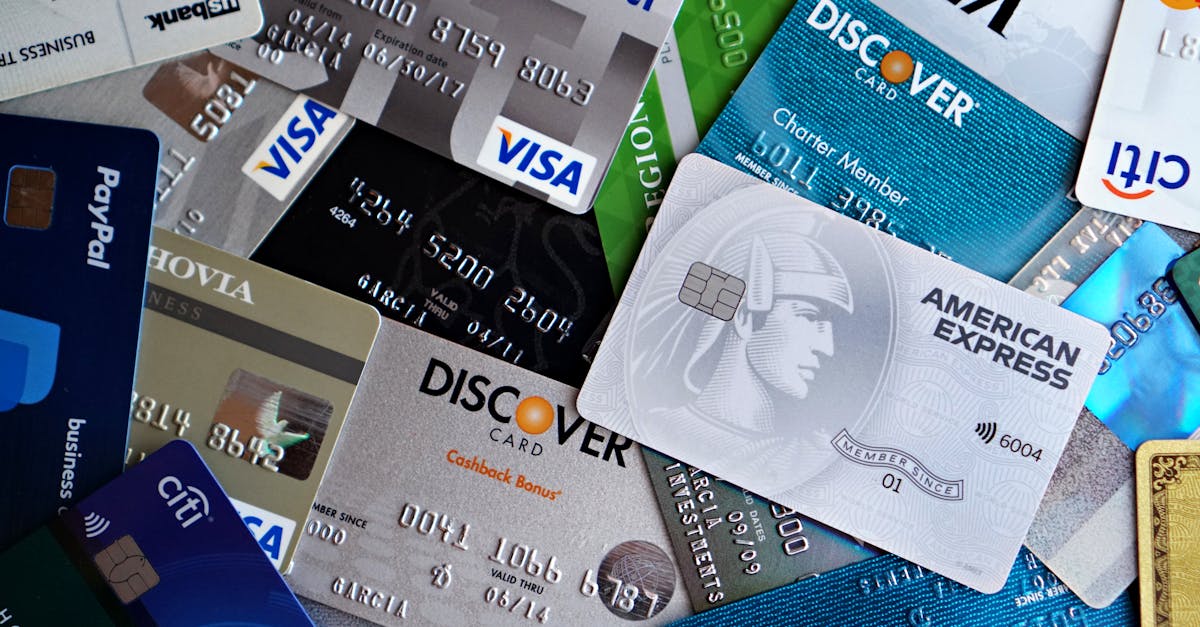I Need a Business Loan: Your Comprehensive Guide to Securing the Right Financing

```html
Estimated Reading Time
10 min
Key Takeaways
- It is important to comprehend the business loan requirements before applying.
- Select a lender according to the type of business you are running, credit score and time in which you need the money approved.
- Compare loan options to help find which one is best for you.
- The better your credit score, the more likely you will be approved for a loan.
Table of Contents
- Understanding Business Loan Requirements
- Navigating the Landscape of Business Loan Providers
- Exploring Business Loan Options
- Factors that Impact Your Business Loan Approval
- Process for Applying for a Business Loan
- Comparing Business Finance Solutions
- FAQ
Understanding Business Loan Requirements
Before you start searching for financing, it's important to understand what you need for a small business loan.
- Fundamental Information: Have the name and address of your business, Employer Identification Number (EIN) and information for owners — such as full name, date of birth and Social Security number.
- Credit Score: Aim for a FICO score of at least 670, although some online lenders may approve borrowers with scores as low as 500 (with higher interest rates). Read more on how to understand business credit scores.
- Business History: Most banks need a proof that the business is running for at least two years. For advice on how to build a strong business history, visit our previous post.
- Ownership Docs: For SBA loans in particular, be prepared to submit proof of your ownership structure and citizenship paperwork.
- More Documentation: Draft legal, banking, and regulatory documents as required.
How to Increase the Likelihood of Being Approved
- Keep your credit score in good shape.
- Make sure everything is documented, and it's clearly written how you'll return the money. To learn more on how to make such arrangements effective, read our guide.
Navigating the Landscape of Business Loan Providers
Different business loan providers come with their own unique advantages:
- Banks: Low rates, strict criteria, and long approval times. Best for established businesses with good credit.
- Credit Unions: Lower rates, local service. Often requires membership. Best for loyal, locally-based businesses.
- Online Lenders: Fast approval, flexible criteria, but higher rates. Startups and businesses with bad credit are typical clients.
- SBA-backed Lenders: Government-guaranteed loans with fair rates for those who don’t qualify for traditional business loans. Suitable for small businesses that meet SBA criteria.
Picking a Lender: Consider reputation, customer service, ease of application, speed of funds, and flexibility of terms. For additional tips to help you select the perfect lender, check out our full-length post.
Exploring Business Loan Options
- Term Loans: Lump sum loan with a fixed payback amount, mostly used for large purchases or expansion.
- Lines of Credit: Provide flexible cash flow that can be used as needed, great for managing cash flow.
- Commercial Business Loans: For large purchases such as real estate or equipment.
- Unsecured Business Loans: Don't require collateral; however, they tend to be more expensive and feature shorter terms.
Specialized Business Loans
- Startup Loans: Typically issued based on the creditworthiness of the founder and a strong business plan. SBA loans are available to new businesses with little historical data. See our article on business loans for startups for more details.
- Bad Credit Loans: Some online lenders offer loans for low credit scores (500 and up), but they come with high interest rates and oppressive terms.
Factors that Impact Your Business Loan Approval
Understanding business loan rates and what influences approval:
- Interest Rates: Based on your credit score, business history, available collateral, and current market performance. High credit scores and steady revenues result in lower rates.
- Quick-Approval Tactics: Consider applying with an online lender or fintech lender for quick loans — usually approved in one day — albeit with higher rates. Proper documentation speeds up the process.
Process for Applying for a Business Loan
- Determine Needs: Find out how much money you need, what for, and what terms you want.
- Review Eligibility: Learn about the credit scores required by your selected lenders.
- Get Documents Together: Organize business & personal IDs, financials, tax returns, business licenses.
- Shop Around: Compare interest rates, terms, lender reputation, and ease of application. Our guide to comparing business lenders can assist.
- Online or In-Person Application: File all necessary forms.
- Offer Review: Examine loan terms such as interest, repayments, and any charges.
- Accept & Retrieve Funds: Finalize the process and the loan will be deposited.
Comparing Business Finance Solutions
Business finance options beyond the traditional loan such as merchant cash advances or invoice financing:
- Merchant Cash Advances, Invoice Factoring, Crowdfunding: Compare across the board online with regards to complete cost, period of payment, history in the industry, and support as well. Read more about alternative finance choices.
FAQ
- What do I need to apply for a business loan?
- Which Type of Lender Is Right for My Business?
- What do I need to do that will improve my chances of getting a loan?
- How do I apply for a business loan?
- Apply for funding with WeFrontIt here.
```




